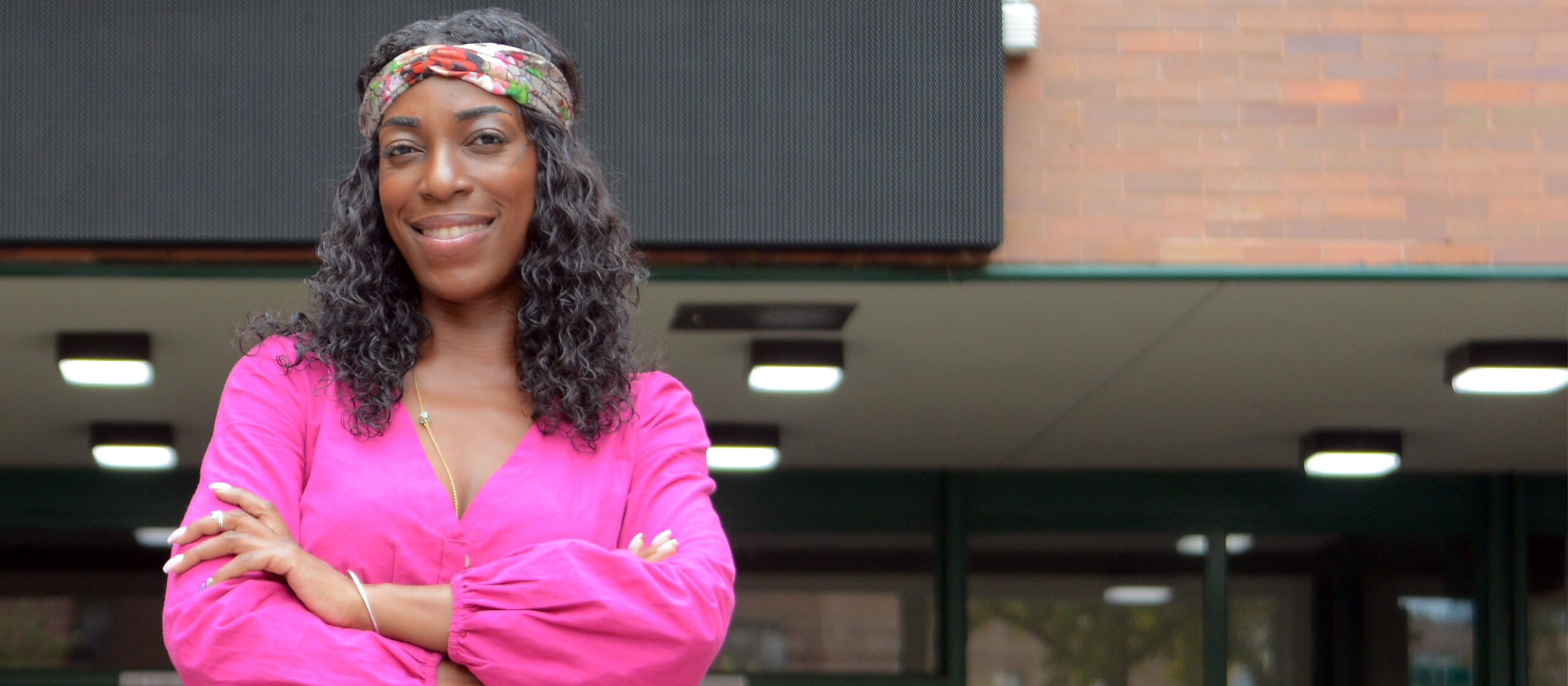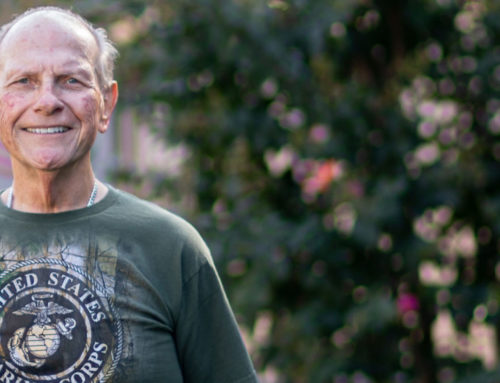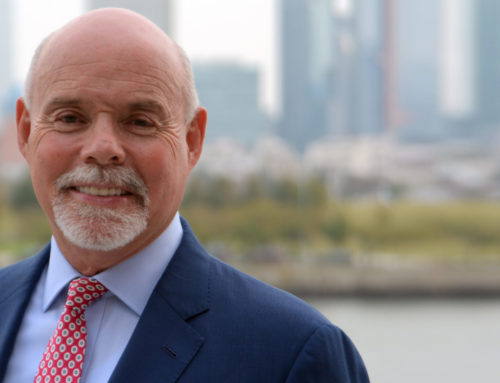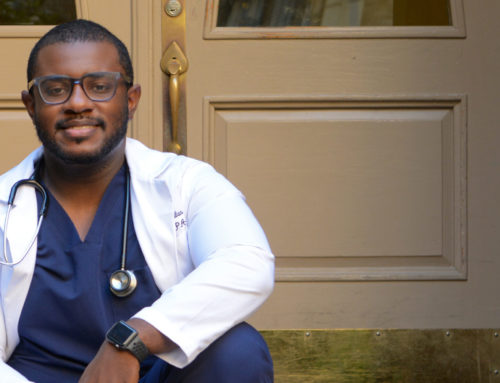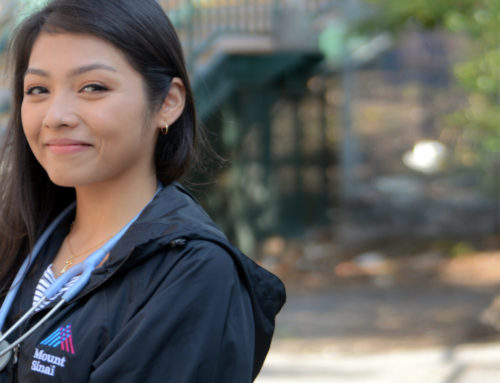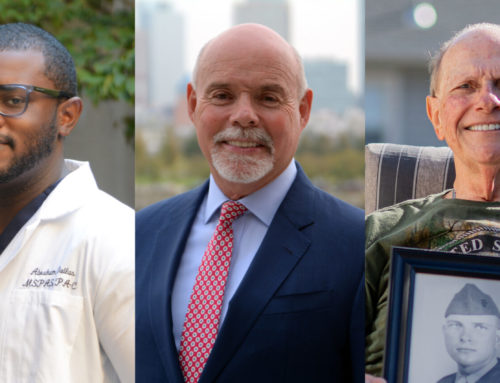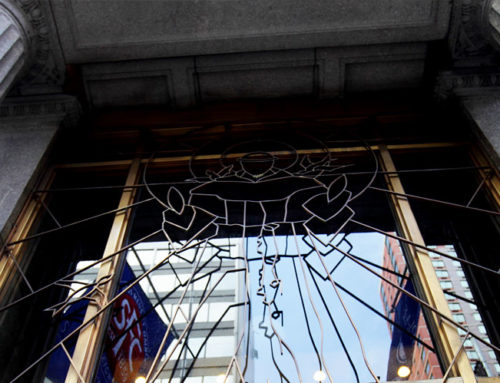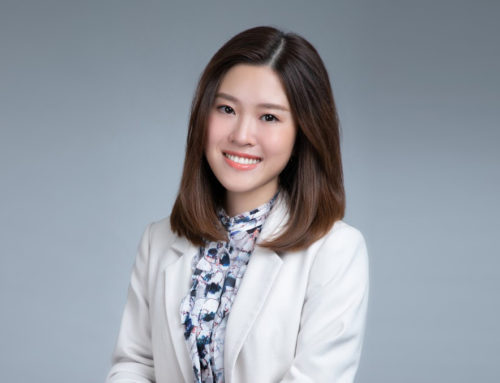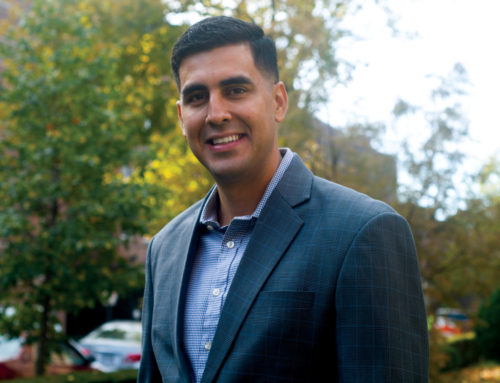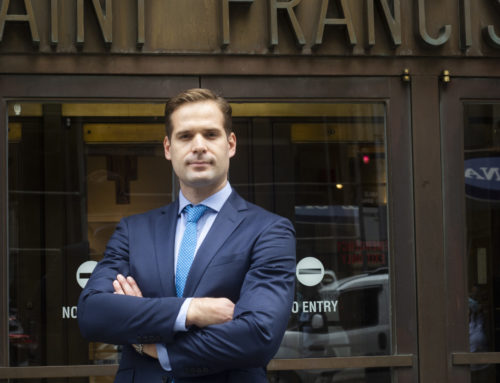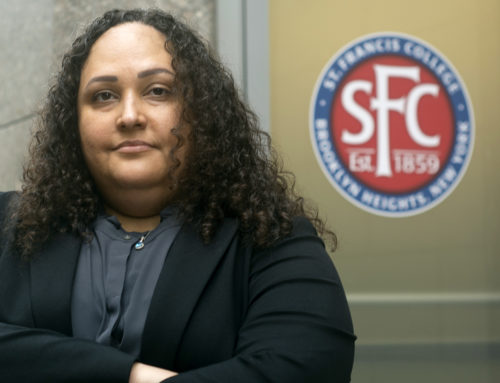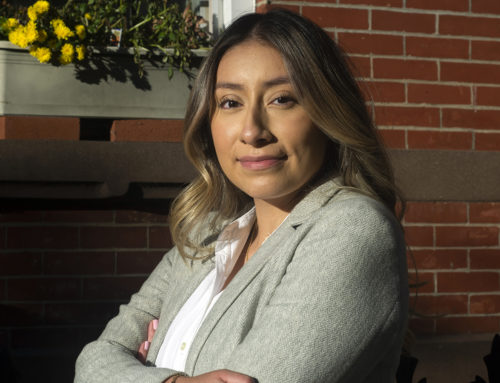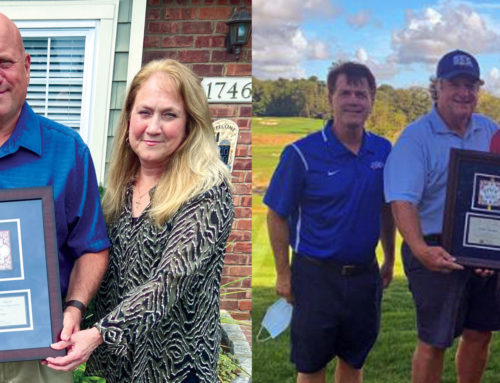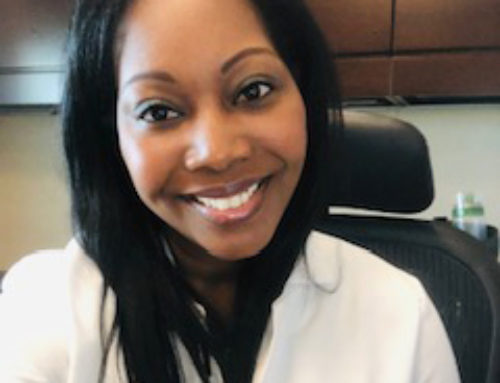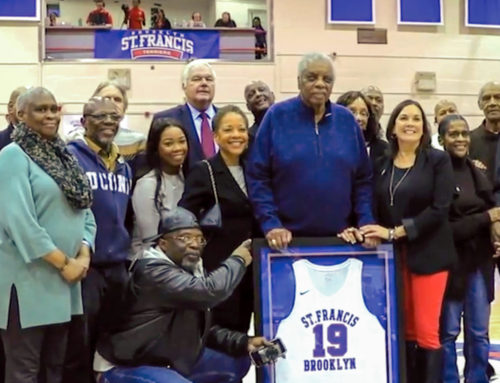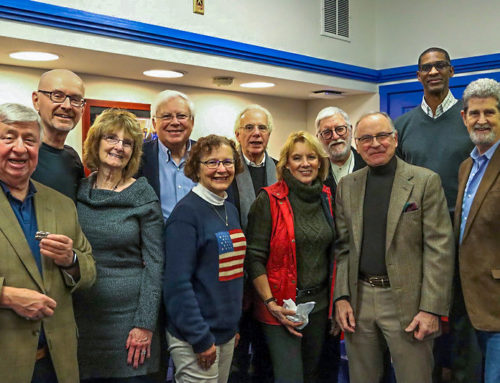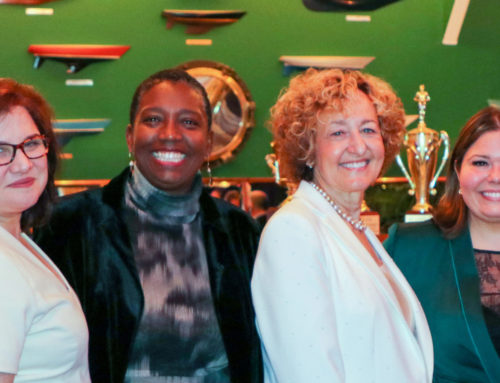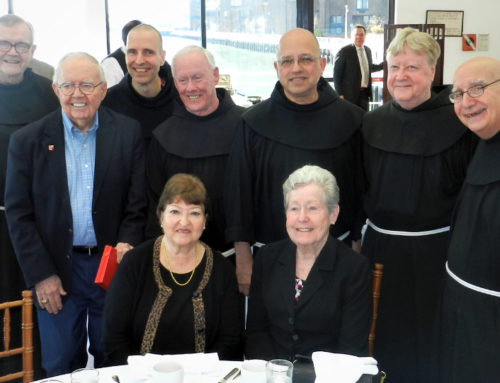Cover Story: Service and Mission—2020/2021 the Year of First Responders and Veterans
Kimberly Watson, LMSW ’07
Helping Kids Overcome Trauma
By Lois Elfman
The seeds for Kimberly Watson’s career as a licensed social worker were planted on one of the most tragic days in American history, Sept. 11, 2001. A freshman at Long Island University, the morning of 9/11, when she neared campus she saw what looked like a mushroom cloud in the sky.
Things were a bit chaotic when she arrived at class. Five minutes after starting her lecture, the professor stopped and said school was being cancelled. At that point, the details of the planes hitting the World Trade Center were coming out.
“I went out into the street,” Watson recalls. “I saw people coming over the bridge on foot covered in dust. I saw a little boy with dust and blood all over him. One woman was screaming uncontrollably. Myself and others from the school were giving out water to people and trying to get people to Brooklyn Hospital.
“Some people went home, but I couldn’t leave,” she continues. “I had to figure out a way to help.”
After two years at LIU, Watson made “one of the best decisions I ever made” to transfer to St. Francis College. With its smaller classes and personal touch SFC was just what she needed. A psychology major, she says faculty member Dr. Steven Anolik played a crucial role in guiding her to a career in social work. She appreciates how he and other faculty got to know each student as individuals.
“Dr. Anolik invited someone from NYU Silver School of Social Work to talk to us about options after we graduated with our B.A. in psych,” says Watson. After some further investigation about what a career in social work could entail, she applied to NYU for a master’s program.
Watson earned her master’s degree in 2010 and embarked on a career as a school social worker, spending five years at the Williamsburg, Brooklyn, campus of Uncommon Schools, a charter school network. She worked with high needs students, many of who had experienced acute trauma in their lives.
Since 2019, she’s worked with the New York City Department of Education, consulting with public schools on how to work with traumatized students. It often involves dealing with the aftermath of high stress incidents, many of which made the news.
“When not dealing with a crisis, we spend our time consulting with schools and helping them build capacity around their most challenging students,” says Watson, who works mostly with middle schools and high schools in Brooklyn and Manhattan.
Over the past decade, Watson has also been an adjunct professor at St. Francis. She was initially nervous to teach, but she accepted Anolik’s challenge to try it.
“I discovered I do have a passion for adult learning,” she says. The first course she taught was Psychology of Women. Subsequent courses have included Human Development Across the Lifespan, Theories of the Exceptional Child and Human Sexuality. She hopes to return to campus post-COVID.
The Franciscan mission of SFC is part of her work. She sees part of her mission as helping kids access and benefit from education. Many of these kids have been marginalized due to behavioral issues, so Watson seeks to help them deal with the trauma that may be fueling that behavior.
During the early days of the pandemic, Watson worked with students directly impacted by COVID-19, some losing family members. In the early months when the city was so hard hit, particularly communities of color, there was a lot of uncertainty. In addition to her work, she’s tried to help people affected with Coronavirus who didn’t know how to get food or other resources.
Watson volunteered at a recreational education center, which were school sites that remained open for the children of essential workers who didn’t have childcare. There were children from the age of two to 18. She was scared for her own health, but she hung in. The centers closed on September 9. “By the grace of the Almighty, things did go well,” she says.
She’s now back to work in her regular position. Before the children returned to school, there was professional development for teachers.
“I’ve been providing a lot of trauma-related education to teachers,” Watson says. “Even if they stay remote or we go to a hybrid schedule, I explained to teachers we have to be sensitive and build relationships. Children come to school to learn, but there’s going to be a process to get back to the standard type of learning we’re used to.
“It’s OK if we can’t start out the day with teaching a lesson,” she adds. “We might have to check in on how people are feeling. Doing that type of work around building connections and establishing a sense of community, children need that right now.”

“…Doing that type of work around building connections and establishing a sense of community, children need that right now.”


